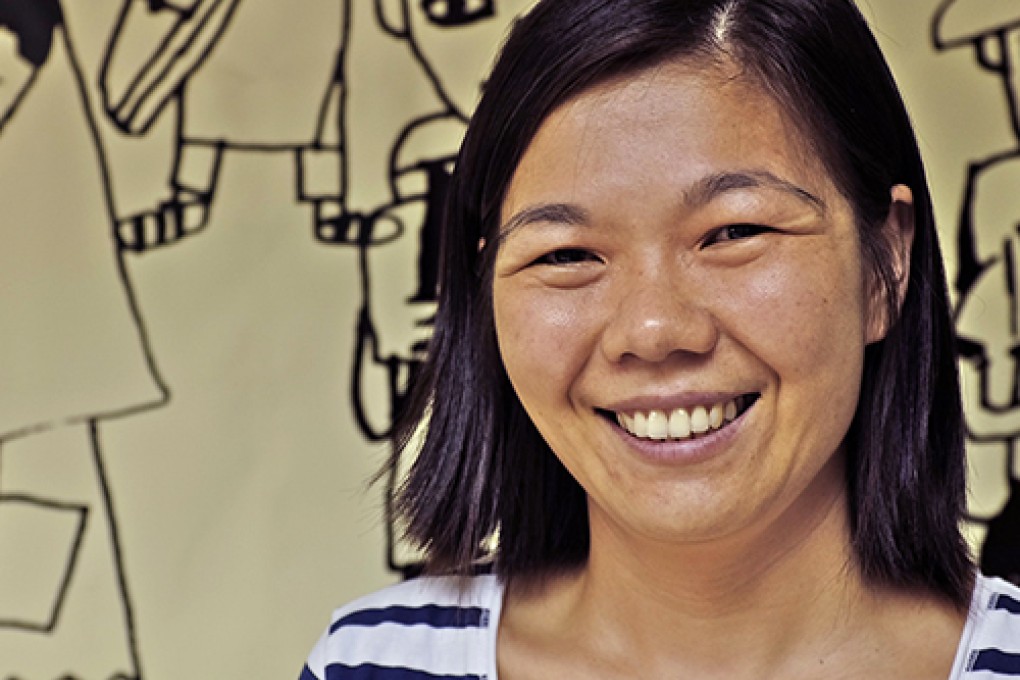Veteran human rights campaigner - a champion of Hong Kong's ethnic minorities
Fermi Wong says more must be done to help ethnic minority groups in the city

Like other newcomers to Hong Kong, Fermi Wong Wai-fun struggled when she first came to the city in 1981. Originally from Fujian province in the mainland, her family lived in a wooden shack at a Diamond Hill squatter settlement. Back then, there were no services for new arrivals. But there was plenty of discrimination towards mainlanders.
“You come to Hong Kong and you sink or swim,” said Wong, the director of human rights group Hong Kong Unison. “You had to manage on your own.”
And she did. Her mother juggled two factory jobs taking a day and night shift, to save up money and eventually the family was able to move out of what Wong describes as a “nasty living environment”. Meanwhile, Wong learnt Cantonese and eventually made it to college.
Now, Wong considers herself a true Hongkonger and doesn’t feel like an outsider. Yet, she considers herself lucky - it was easier for newcomers back then. Wong says that now the situation is getting worse. Not everyone is welcome in the city that prides itself on being Asia’s “world city”. For decades Wong has sought to improve the life of Hong Kong’s sizeable, but often overseen, ethnic minority resident community.
“Some people are not as equal as others,” she explains, adding that this is especially true of the city’s South Asian communities. “Hong Kong is losing its uniqueness - those very important core values the British left for us. Without them, there will be no difference from Shanghai or Beijing.”
Not everyone is welcome in the city that prides itself on being Asia’s world city
In a city that is leaning further towards the mainland by the day, Hong Kong’s minorities may be further marginalised due to the ever rising centrality of Chinese language and culture. What used to be an exceptionally cosmopolitan society is now seeing de-facto racial segregation, Wong says.